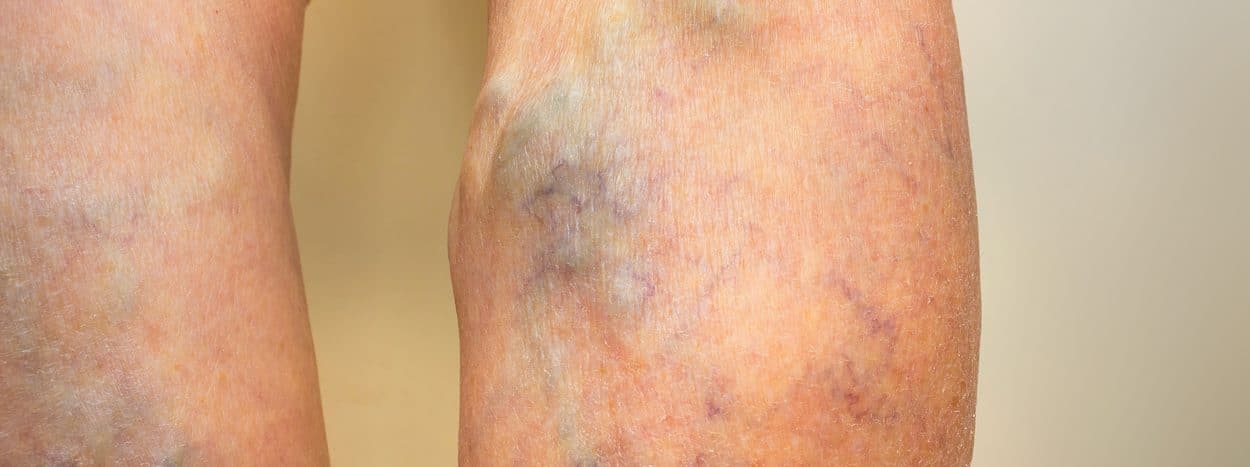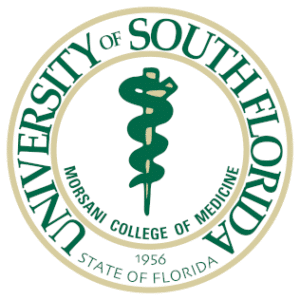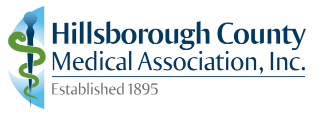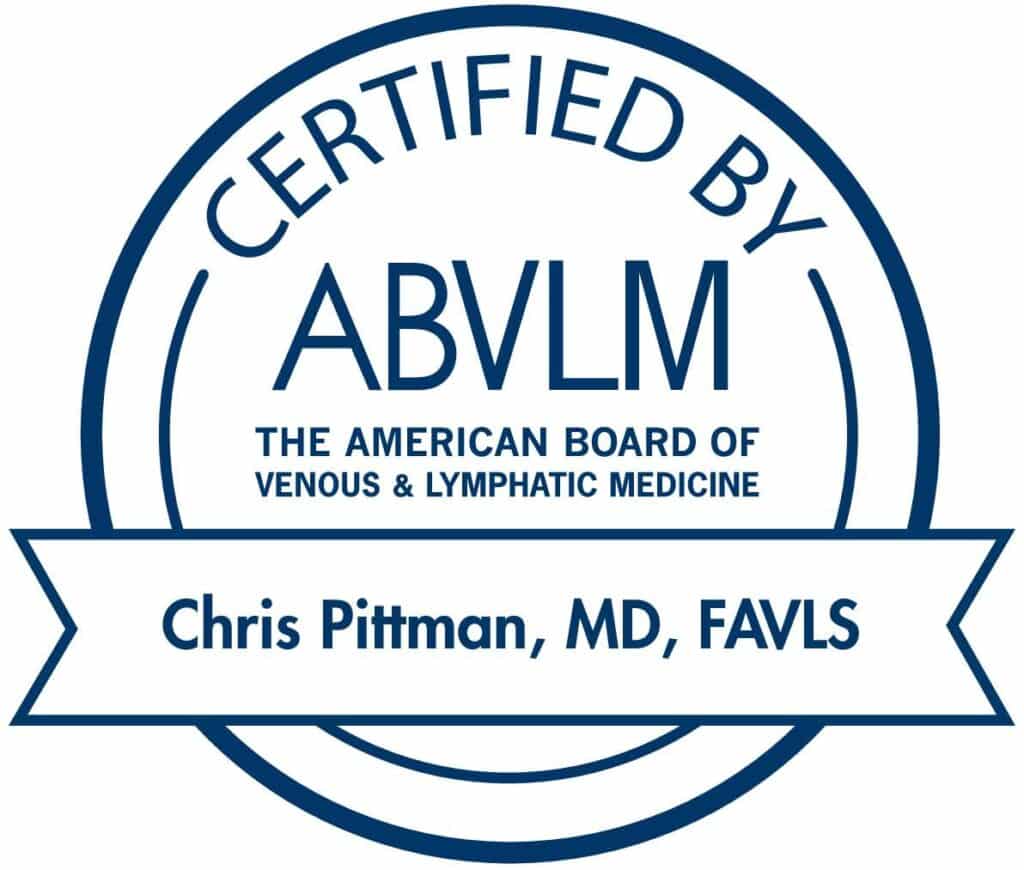Chronic Venous Insufficiency, also known as chronic vein disease, refers to conditions caused by or involving the veins, which have become abnormal or diseased. Vein specialists perform vein treatment for chronic venous insufficiency.
These vein health conditions include:
- Spider veins
- Varicose vein
- Swelling of the Legs
- Leg Ulcers
- Bulging veins
- Phlebitis
- Lymphedema
- Restless Legs Syndrome
- Poor Circulation
- Vascular malformations
The Society for Vascular Surgery reports that 40 percent of people in the U.S. may be affected by chronic vein disease.
Symptoms of Chronic Vein Disease
Depending on the vein condition, you could experience:
- Heaviness in the legs
- Leg pain
- Legs that tire easily
- Numbness in the legs
- Swelling in the legs
- Throbbing in legs
- Burning in legs
- Night cramps
- Skin darkening in the ankles and legs
- Itchy legs
- A feeling of skin tightening in the legs
Causes of Chronic Vein Insufficiency
The most common causes of venous insufficiency is having varicose veins or blood clots. Being overweight, especially if you’re obese is another cause. Being pregnant increases the risk of having chronic vein disease. Having a lifestyle that involves prolonged periods of inactivity makes you more prone to develop one of the conditions in the chronic vein disease umbrella, as does have a family history of the disease. Having cancer or being a smoker increases your risk too.
Prevention of Chronic Vein Disease
In some cases, like having a family history of the disease, chronic vein insufficiency, cannot be prevented. However, there are things that you can do to reduce your chances of developing the disease. These include:
- Not standing for prolonged periods.
- Not sitting for extended periods.
- Quitting smoking if you smoke.
- Losing weight if overweight.
- Getting regular exercise.
Vein Treatment of Chronic Vascular Insufficiency
If your condition is mild, your doctor may recommend treating your conditions with compression stockings and exercise (especially walking), and weight loss, if it’s applicable. You may be advised to elevate your legs several times during the day.
Ablation or injection may be used if your veins are superficial. In the case of varicose veins, ultrasound-guided therapy or endovenous laser treatment may be recommended, and are conducted at your Tampa vein clinic as an outpatient procedure.
In the case where deep veins are involved, stenting or angioplasty may be the recommended course of action. Surgical repair of the valves or veins might also be indicated.
Schedule a Chronic Vein Disease Appointment
Ideally, any painful or prolonged vein problem should be evaluated by a vein specialist.
If you have varicose veins, spider veins or are experiencing any of the symptoms associated with your vein health, call 1-855-VEIN-911 to hear your vein treatment options or book your appointment now!











